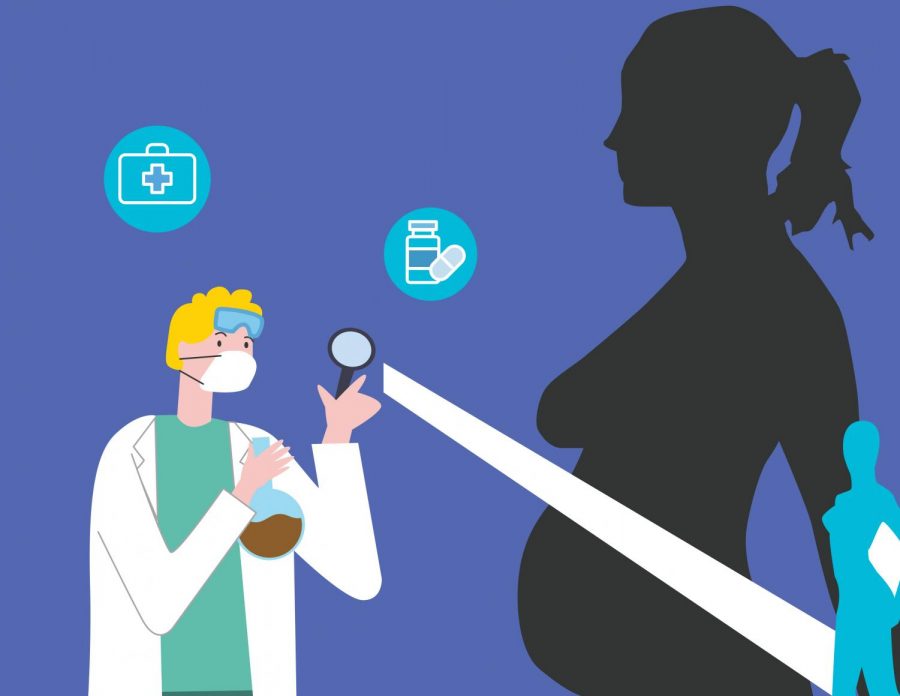OPINION: Sexual health should be taught to women earlier
With issues around consent and personal health, women should learn about these issues earlier
It doesn’t take a rocket scientist to realize that women aren’t getting proper care.
April 3, 2020
Sex education means something different everywhere you go. A Catholic school in comparison to a public school, a school in an urban city versus one in a more rural area, all of these differences mean the conversation around sex is a little different for everyone and the lack of uniformity often causes some missed opportunities for education.
Specifically, the conversation for women often beats around the bush (pardon my humor) regarding what information is essential for them to know. While learning how to put a condom on a banana is a life skill, there is a bigger conversation to be had beyond just what to do when having sex. Reproductive health is a little discussed topic that affects all of us.
The conversation around reproductive health needs to include all the potential risks and worries that both men and women can experience. For girls there needs to be a much larger conversation about some of the perfectly normal, yet painful and experience altering, possibilities. Not teaching young girls what the warning signs are for ovarian cysts, endometriosis, breast and ovarian cancer neglects the importance of their awareness.
“As a society, we do not discuss sexual and reproductive health enough and have turned them into taboo topics,” said Madeline Membrino of the Do Better Campaign at the University of Denver.
She said many people enter their adult lives with many questions and uncertainties about sex because many states dot require accurate sexual and reproductive health education during middle and high school.
“This can lead to shame over sexuality and being sexually active,” she said. Especially when many women receive conflicting messages about needing to be sexually appealing and sell their attractiveness, but that they also must be pure and innocent.”
The Rivkin Center is focused on providing an education about breast and ovarian cancer warning signs, among other topics. Their educational outreach program focuses on bringing workshops to college campuses and educating the population at a young age about reproductive health. In 2018, they put on six parties in three days, educating over five hundred members of the WSU community.
“I think just overall, we just have to get to the point — especially in 2020 — that it is okay to be different, and maybe not necessarily be 100 percent with yourself,” said Ally Nicholson, Rivkin Center campus ambassador at WSU. “It is your health and you matter and there are people here that want to help you.
The program spans the entirety of the Pac-12, and facilitates thousands of young people’s learning every semester. Ambassadors participate in giving the presentations, organizing the material and creating a space for conversation. Focusing on preventative measures, education about family history, and ongoing research on the topic, Rivkin aims to educate between the holes previously not covered by sex education conversations.
The conflicting messages about sex creates a divide in conversation. As the baseline of our “safe sex” talks are often one of two things: wear a condom and get tested, or don’t have sex at all. This is an unrealistic approach to a conversation that needs to include so much more.
Danielle Dennehy is a multimedia journalism major from Millbrae, Calif. He can be contacted at 335-1140 or at [email protected]. The views expressed in this column do not necessarily represent the views of The Daily Evergreen, its editors or publishers.

















